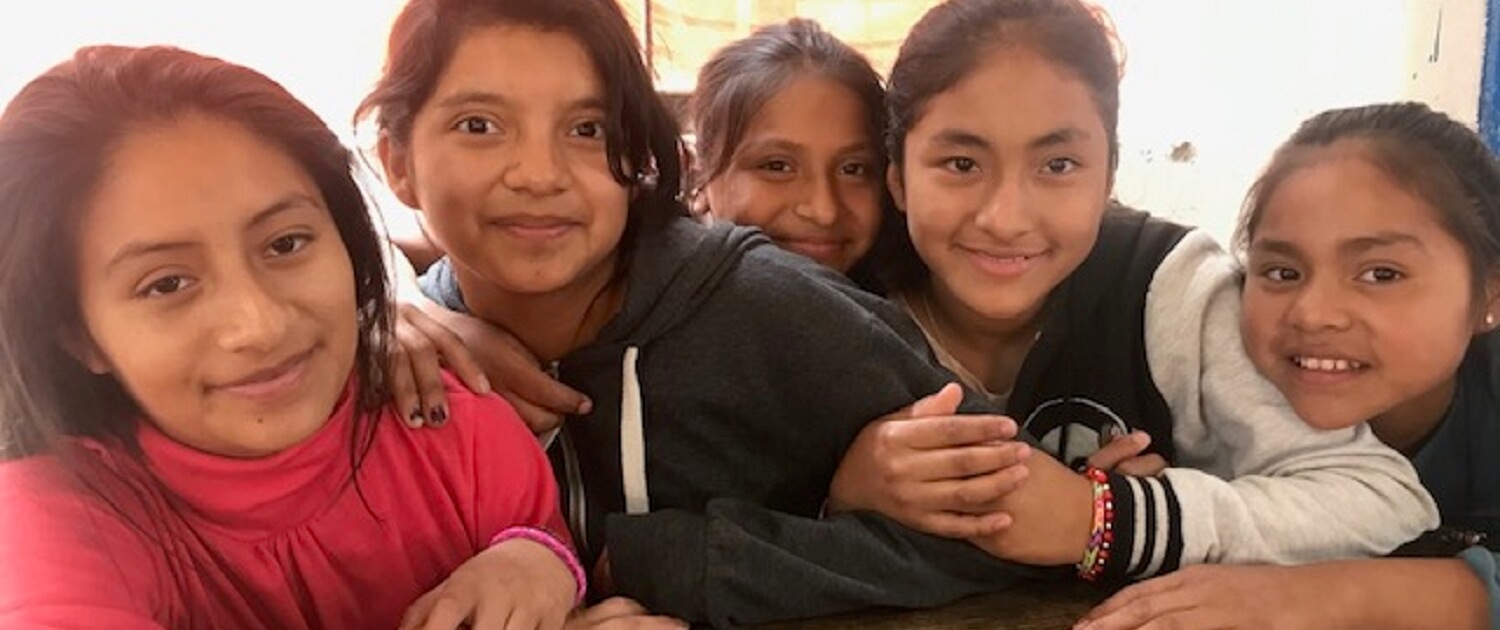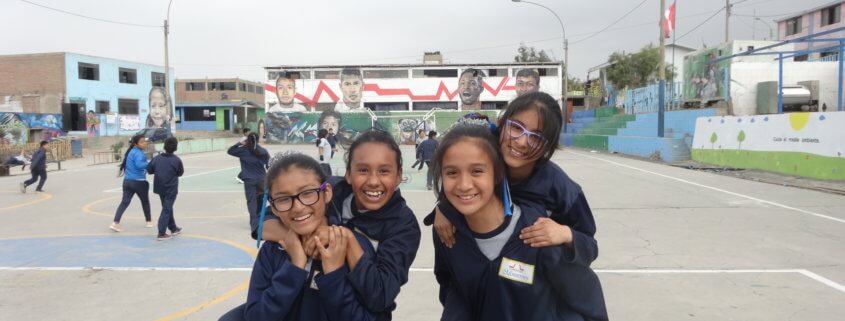Children’s Community in Peru Looks Beyond The Pandemic
At the height of the first wave of the pandemic, Peru had the highest mortality rate in the world, almost doubling the second place, and tripling the mortality rate of the U.S. The World Bank reports the strict and prolonged quarantine enforced to contain the virus then led to a decline in GDP of 11 percent in 2020 and an increase in the poverty rate of six percent, to 27%. In the midst of this unraveling, some say it’s a miracle that our community partner, Sagrada Familia, protected all 250 resident children from COVID-19 while sustaining the community’s main programming without private or public funding. Yet Founder and DirectorMiguel Rodríguez knows he can’t rely on miracles alone, and explains how Sagrada Familia has changed because of the pandemic and how they will prepare for future challenges.
How has the pandemic affected Sagrada Familia?
The community has changed a lot at the level of care and prevention in health and hygiene. Several handwashing stations have been built and greater emphasis has been placed on preventive health care. But we have also worked hard on education by having to do it remotely and not in person. Despite the challenges it presents, distance education has positively affected the children. We can see now that they are much closer together, helping each other, even more united.
“Despite the challenges it presents, distance education has positively affected the children. We can see now that they are much closer together, helping each other, even more united.”
Miguel Rodríguez
The children have felt the hit of COVID in not going out and being locked up, and that worries us a lot. So we try to give them the greatest number of possible distractions; sports, educational afternoons, and entertaining and learning activities. The children have also stepped up their care for the environment. We are now an ecologically active community, with a lot of work in our gardens as well as recycling.

How is the day-to-day schedule of the children this year?
Their day starts very early to take advantage of the daylight and to fall asleep early so as not to waste the electricity.
They do their chores at six in the morning, at seven they go to the dining room for breakfast, then they go to school until lunch at 1:00PM, and back to class after that. After school, they have workshops or various games, then homework, and their dinner at seven at night. They go to their respective houses for the house meeting and then at 8:00 or 9:00 at most, they go to bed. Saturday is for washing their clothes, as there is no school, and they have Sundays free.
How will you engage volunteers once they return?
We have so many things that we want to work on: repairing the homes where the children sleep, replacing our old blackboards, finishing the construction of the handwashing stations, changing the floor of the sports court, getting tools for the carpentry and bakery workshops, repairing the community’s electrical system, etc. We also have a new project in the jungle where we are planting and harvesting fruits and vegetables with the help of the children.

In general, how do you think Sagrada Familia will function after the pandemic?
Because we learned a lot, I think we will not be the same community. We will do things better, out of responsible love. Apart from our commitment to ecology, to education in values, I think it is very important to continue walking on the message of caring for life, and making the lives of others better every day.
“Our education should be based on the most fluid interrelation and sharing more with everyone, and not seek divisions but rather seek what unites us, which is solidarity, responsible love, and commitment to the well-being of all.”
Miguel Rodríguez
We will no longer see the world as a simple place where we live, it is our home and the only one we have. Our education should be based on the most fluid interrelation and sharing more with everyone, and not seek divisions but rather seek what unites us, which is solidarity, responsible love, and commitment to the well-being of all.
You may also like:

 2019
2019

Leave a Reply
Want to join the discussion?Feel free to contribute!